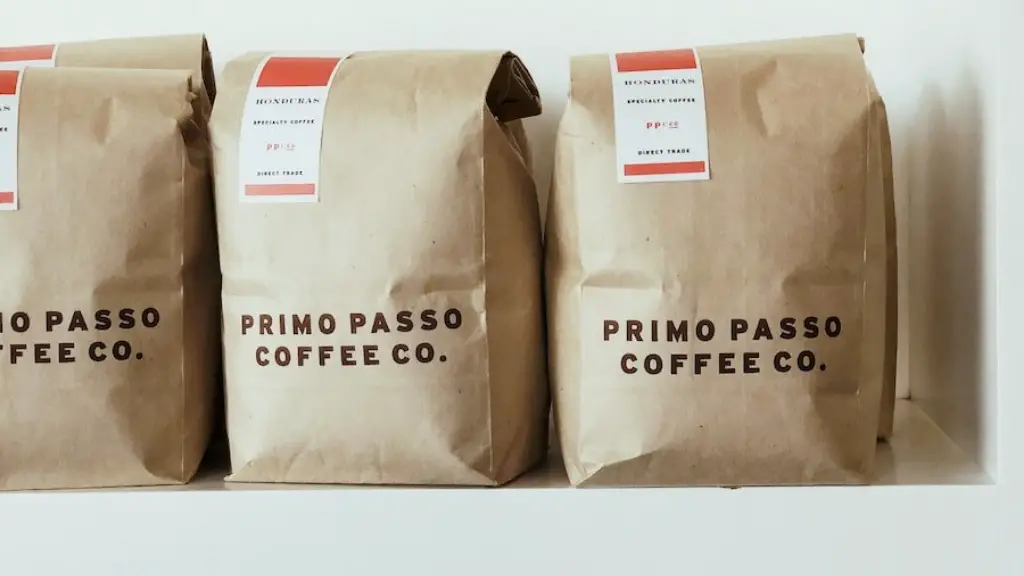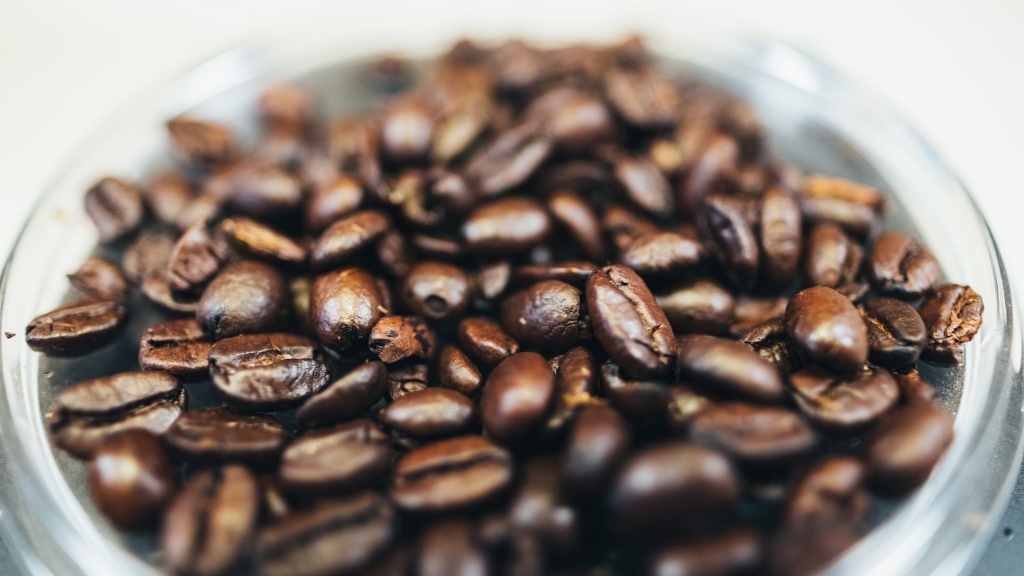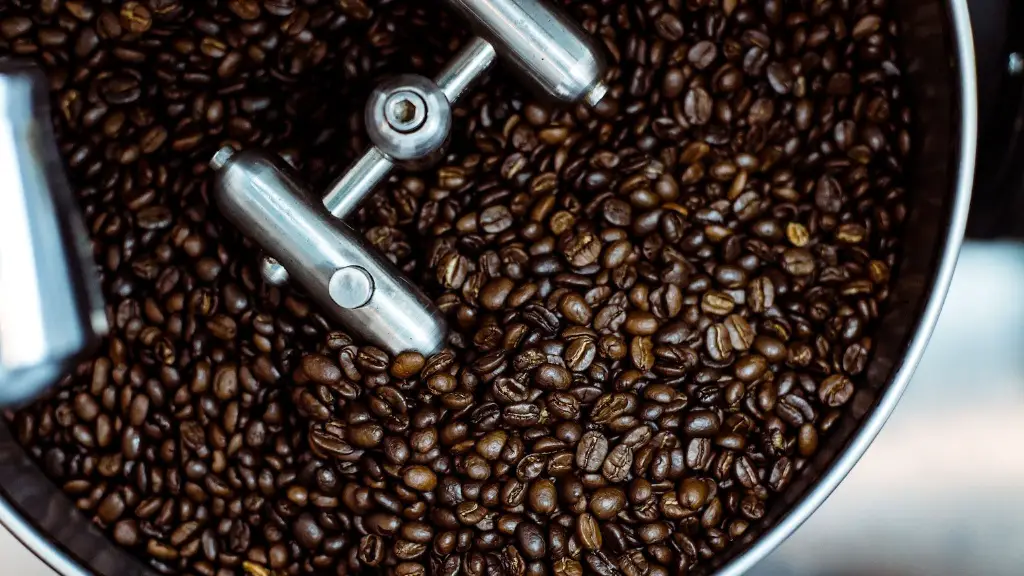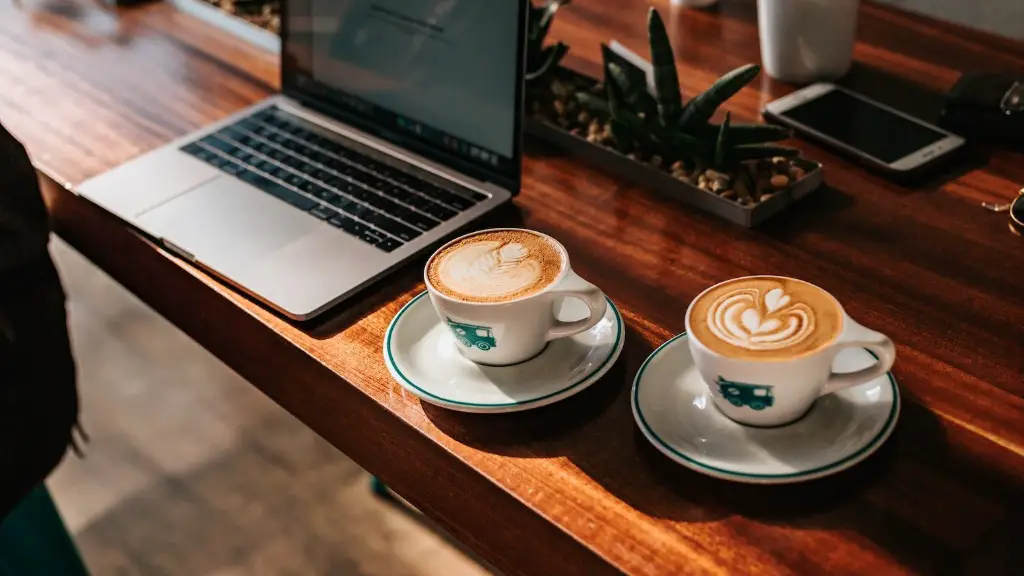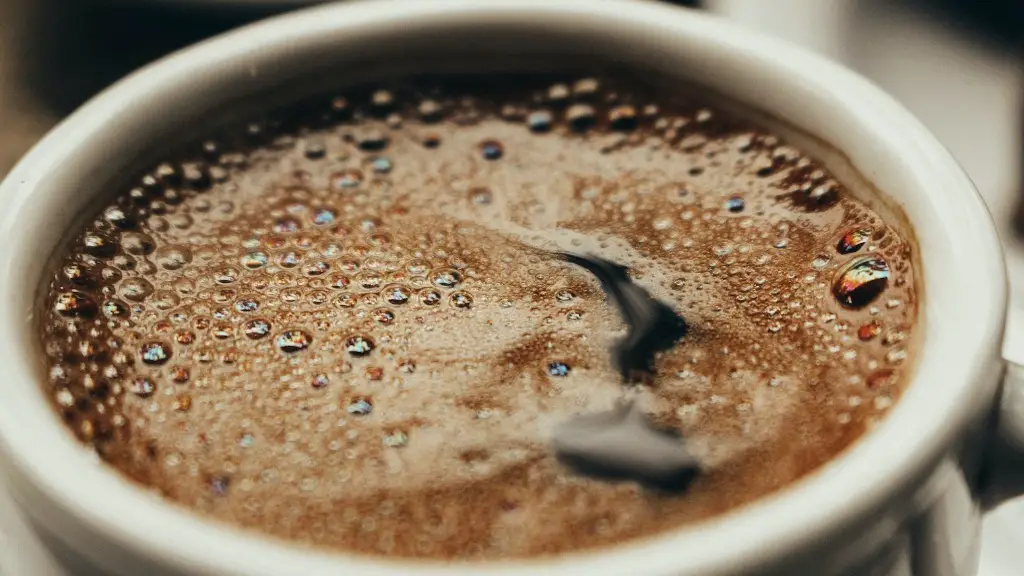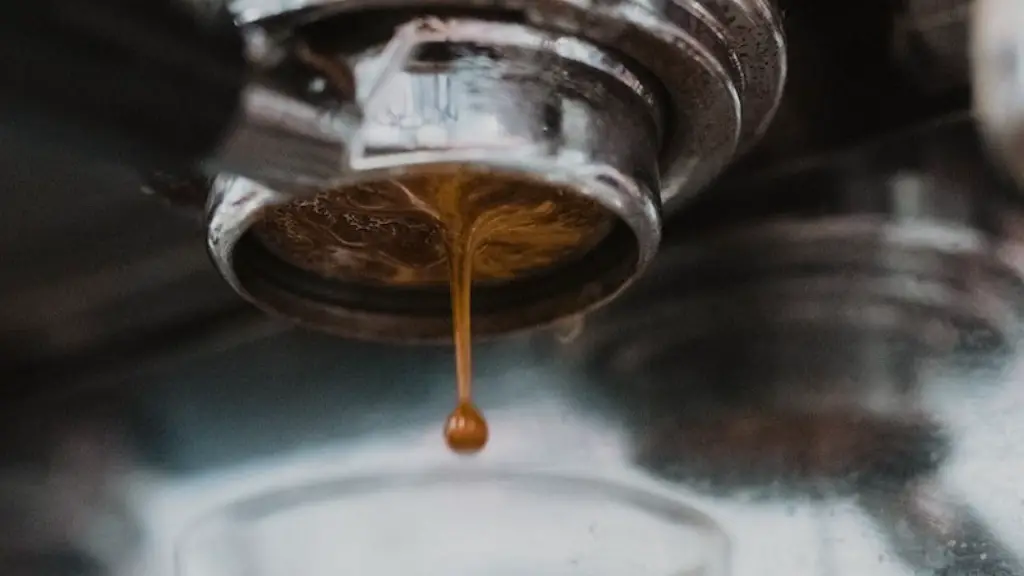Coffee is a popular daily ritual for many people, but what if you have high blood pressure and you’re taking medication? Is it safe to combine the two? If you’re trying to stay healthy despite hypertension, you need to be informed about the potential risks and benefits of coffee while on blood pressure medication.
Caffeine can have a significant impact on blood pressure, usually raising it. A 2016 study found that for people not taking blood pressure-lowering medications, drinking coffee can raise systolic blood pressure an average of 5.4 mmHg and diastolic by an average of 3.3 mmHg. For people already taking blood pressure medication, the caffeine boost was much greater — an average of 8.3 mmHg in systolic pressure and 6.1 mmHg in diastolic pressure.
That said, evidence for the effects of coffee on blood pressure is not consistent. Some studies have suggested that drinking coffee does not have the same effect in people on blood pressure medication as those who aren’t. In some cases, coffee can even decrease systolic blood pressure. The way coffee affects individuals is complex and depends upon a variety of factors, including age and gender. So, while coffee may not be as detrimental to people taking blood pressure-lowering medications as previously thought, it would still be wise to keep an eye on your blood pressure if you drink coffee when taking medication.
Despite the potential increase in blood pressure, recent research suggests that coffee may actually help people with hypertension. One study published in 2010 in the journal “Hypertension” found that coffee consumption was linked with a lower risk of death in people with high blood pressure. Additionally, other studies have determined that coffee might protect against heart disease and stroke — two of the most serious potential complications of hypertension.
It’s important to note that coffee isn’t risk-free even without hypertension. It’s possible to develop an unhealthy dependency upon caffeine or become irritable or anxious if you drink too much. Also, while caffeinated coffee may be beneficial for people with high blood pressure, its roasting process also has some potential risks. Prolonged exposure to the hot, roasting temperatures can create carcinogenic compounds, so it’s important to drink coffee responsibly.
So, how much coffee can you safely drink while on blood-pressure medication? According to the American Heart Association, those with hypertension should stick with the daily limit of up to 400 milligrams of caffeine — about two 8-ounce cups of brewed coffee — per day. Moderation is key, since exceeding this amount could possibly increase your blood pressure too much. Additionally, keep in mind that other sources of caffeine, such as tea, soda and energy drinks, should also be taken into account.
The Healthiest Brews
Your personal physician and pharmacist are the best sources of information when it comes to combining coffee with blood pressure medication. But there are also certain types of brews that may be safer than others. For example, “Robusta” coffee (often used to make espresso) may contain up to three times the amount of caffeine compared to “Arabica” (a more common type of coffee)
A 2017 study published in the journal “Nutrition” found that consuming small amounts of arabica coffee combined with other components such as tea, milk and cocoa can even help reduce blood pressure, particularly in those with high blood pressure. So, if you can tolerate it, it might be wise to choose arabica coffee when drinking coffee with blood pressure medication.
It’s also important to pay attention to the sugars, creams and syrups added to coffee drinks. Try to avoid these additives as much as possible since too much sugar can increase blood pressure. And, consider adding a bit of milk or cream to your coffee to reduce the amount of caffeine absorbed by your body.
Alternative Routes
If you take multiple medications, such as those for cholesterol or high blood pressure, consult with your doctor about whether coffee is safe for you. Your doctor may suggest alternative methods for managing your health, such as taking a walk each day or participating in a yoga class. Additionally, certain foods can also help lower blood pressure, such as fruits and vegetables, oatmeal and oat bran, and low-fat dairy products. Eating a well-rounded, healthy diet can help you naturally and safely reduce your blood pressure without the need for medication.
Finally, keep in mind that caffeine can interact with other medications, so it’s important to talk to your doctor before adjusting your coffee consumption. For example, if you’re taking blood pressure medications such as an angiotensin receptor blockers (ARBs) or angiotensin-converting enzyme (ACE) inhibitors, you may experience low blood pressure if you consume too much caffeine.
Additional Considerations
High blood pressure can lead to numerous health complications if left untreated, so it’s important to understand the risks and benefits associated with drinking coffee while taking medication to manage it. While coffee may be beneficial in some cases, focusing on health-promoting lifestyle habits such as eating a well-balanced diet, exercising regularly and trying to remain stress-free are still important ways to reduce the effects of hypertension.
Moreover, many- a-times hypertension may be caused by undiagnosed underlying conditions such as disease in the kidneys, thyroid or heart disease. It’s also possible that certain medications like birth-control pills and cold medicines can also increase blood pressure. So, if you think your blood pressure is higher than normal, despite taking medications, consult with your doctor for further assessment.
The effects of caffeine on blood pressure depend on a variety of factors and can vary from person to person. It’s important to stick to the daily recommended amounts of caffeine and to pay close attention to your blood pressure when drinking coffee while on medications, as well as remembering to focus on these larger lifestyle habits that promote good health.
Appreciate the Benefits
It’s important to note that coffee contains many healthy components that can have additional benefits for those with hypertension. For example, coffee contains antioxidants that might help protect against memory decline, depression and Alzheimer’s disease, among others. Coffee also contains potassium and magnesium, two minerals that are known to lower blood pressure. Additionally, regular coffee drinkers may enjoy a lower rate of type 2 diabetes.
In conclusion, if you need to take blood pressure medication, you don’t necessarily need to give up coffee. While it’s true that caffeine can increase blood pressure, it’s also the case that coffee may have other cardiovascular benefits. When deciding how much coffee to drink, always consult with your doctor to determine what’s safe for you, and pay close attention to your own blood pressure readings.
Environmentally Sustainable Solutions
When enjoying a coffee while on blood pressure medication, think of the ecological footprint associated with the entire process and opt for green, earth-friendly solutions. Every aspect of a cup of coffee — growing, harvesting, processing, packaging and consumption — has a potential impact on the environment. From purchasing ethically sourced coffee, and utilizing reusable mugs, to choosing compostable packaging, there are numerous options to minimize your environmental impact.
When sourcing coffee, selecting beans that are certified by the Rainforest Alliance or other sustainable agricultural organizations is an important way of supporting the conservation of forests, wildlife, and ecosystems, protecting the livelihoods of small-scale farmers, and ensuring a more secure access to water for communities.
It’s critical that the growers are properly paid for their produce in order for them to survive and support themselves, as well as their families, in the long term. As with any other product, it’s important to read the label and opt for items that meet all ethical standards.
At the same time, while gardening and composting are excellent ways of helping to reduce waste and promote sustainability, there are other solutions to consider as well, such as utilizing a compostable coffee filter. An alternative, like a stainless steel pour over filter, eliminates the amount of disposable packaging entirely, as more traditional paper filters are not only costing more in the long run but their disposal is also harmful to the environment.
Nutrition and Hydration
Coffee might be okay while taking blood pressure medication but it’s also important to remember that everyone needs a balanced diet and adequate hydration to manage their health. Opting for healthy drinks like water and fresh juices, instead of coffee or other caffeinated drinks, can also be beneficial as caffeinated drinks are diuretics. This means that drinking coffee can lead to loss of fluids, and cause dehydration and electrolyte imbalances.
Water is the best choice to stay hydrated and keeping a reusable water bottle or water jug on hand can be beneficial. Choose nutrient-density over calorie-density when selecting snacks or meals; and prioritize a wide variety of fruits and vegetables, nuts, seeds, and legumes to get the most out of meals in terms of nutrition.
Moreover, when adding energy bars, ready meals or pre-made snacks to one’s diet, it’s important to read nutrition labels. Omiting snacks with added sugars, preservatives and processed ingredients can alleviate further the stress of managing blood pressure and help you stay on track with your medications.
Explore Healthy Alternatives
While coffee can be helpful for many people, it’s also possible to find healthy alternatives to help manage blood pressure. Herbal teas, like chamomile or peppermint are good alternatives as they are naturally caffeine-free, and they also offer a wide range of antioxidants and flavors. Additionally, preparing a cup of hot tea and adding lemon and honey can help soothe inflammation, reduce body acidity and replenish minerals.
It’s also important to note that non-caffeinated, low sodium drinks such as flavored water, seltzer and mineral waters, can provide good hydration without the added unwanted effects of caffeine. On top of that, sparkling water also offers the bonus of adding refreshment and satisfaction to help satisfy the occasional craving for classic carbonated soda, without the additional processed sugars or additives.
Similarly, if you’re looking for tasty and healthy alternatives to store bought energy drinks, natural juices mixed with sparkling water are a great option as they are naturally sweet, flavorful and healthy.
These small changes can have an impact not only on your health, but also on the environment and on the communities behind your cup of coffee. Ultimately, when trying to manage high blood pressure and exploring ways to drink coffee in moderation, paying attention to lifestyle habits and the ingredients of one’s diet can minimize the effect on blood pressure and help one to reach and maintain healthy levels.
